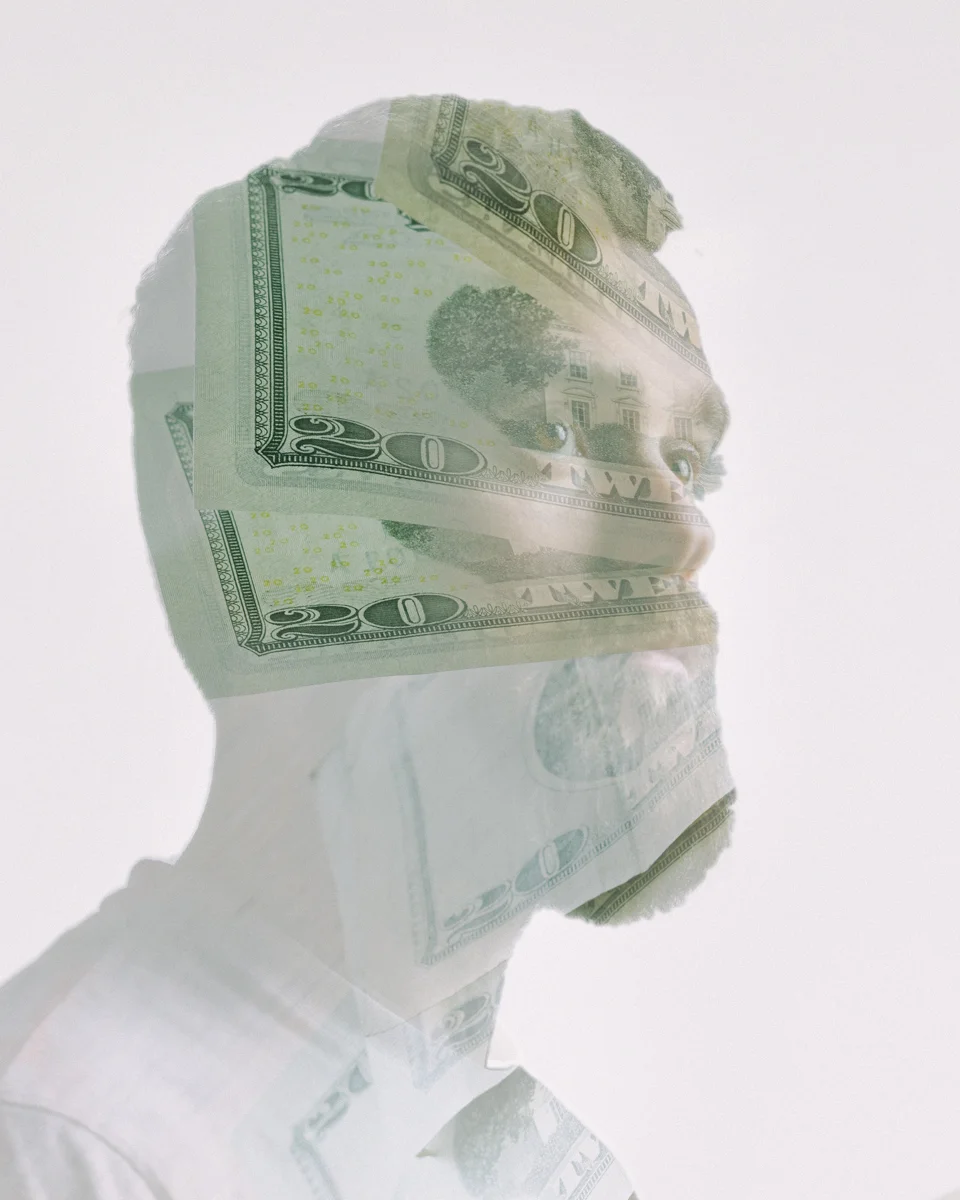“Make a radical change in your lifestyle and begin to boldly do things which you may previously never have thought of doing, or been too hesitant to attempt. So many people live within unhappy circumstances and yet will not take the initiative to change their situation because they are conditioned to a life of security, conformity, and conservation, all of which may appear to give one peace of mind, but in reality nothing is more damaging to the adventurous spirit within a man than a secure future. The very basic core of a man’s living spirit is his passion for adventure. The joy of life comes from our encounters with new experiences, and hence there is no greater joy than to have an endlessly changing horizon, for each day to have a new and different sun. If you want to get more out of life, you must lose your inclination for monotonous security and adopt a helter-skelter style of life that will at first appear to you to be crazy. But once you become accustomed to such a life you will see its full meaning and its incredible beauty.”
2019 is off to a rocky start. We were at cruising altitude right up until the holidays and then a great sucking sound could be heard as all of the work dried up for the entire month of January. Ah, the lean times - that old friend you hadn’t missed. This was around the time that I began the 12 experiments. “I have some extra time on my hands,” I thought, “why not experiment my way out of this funk?” Then February rolled around and I thought, “if I start waking up earlier I’ll have even more time to figure this thing out.” Well, I’ve spent the last two months braiding a rope out of experimental twine in the hope of hog-tying my frustrations. Frankly, I’m already worn out.
And thus we arrive at experiment three. I’ve been staring at a list of ideas for a few days now. “Maybe a month of business would help me get more gigs.” Or, “maybe a month of pitching ideas to editors and applying to grants and competitions could be a good way to get myself out there.” Then, the old classic, “I’ll post an Instagram every single day to get my work seen.” If you can’t tell, I’ve been trying to use experiments to muscle my way though my mental blocks. That is certainly one way to do it. But after two experiments that weren’t any fun, I’d like to change it up a bit.
I may do those things this month, but I’d like for my next experiment to focus a little less on self-improvement and a little more on gratitude. So I’m going to try out A Month of Joy. I’m going to sit on my back porch, drink a cup of coffee, and try to differentiate the bird calls; think up new ways to be a blessing for the people in my life; live with curiosity; walk amongst big trees in silence until I really feel the energy of a natural setting. These are the things that I know make me feel the most alive. Maybe in April I’ll double down on entrepreneurship, or spreadsheet my way toward my first million. But this month, I think I’d rather approach my work goals from a place of abundance rather than a vague, gnawing sense of lack. Stay tuned for an attempt at a whole boat-load of radical joy. And maybe a few more pictures of behinds.






